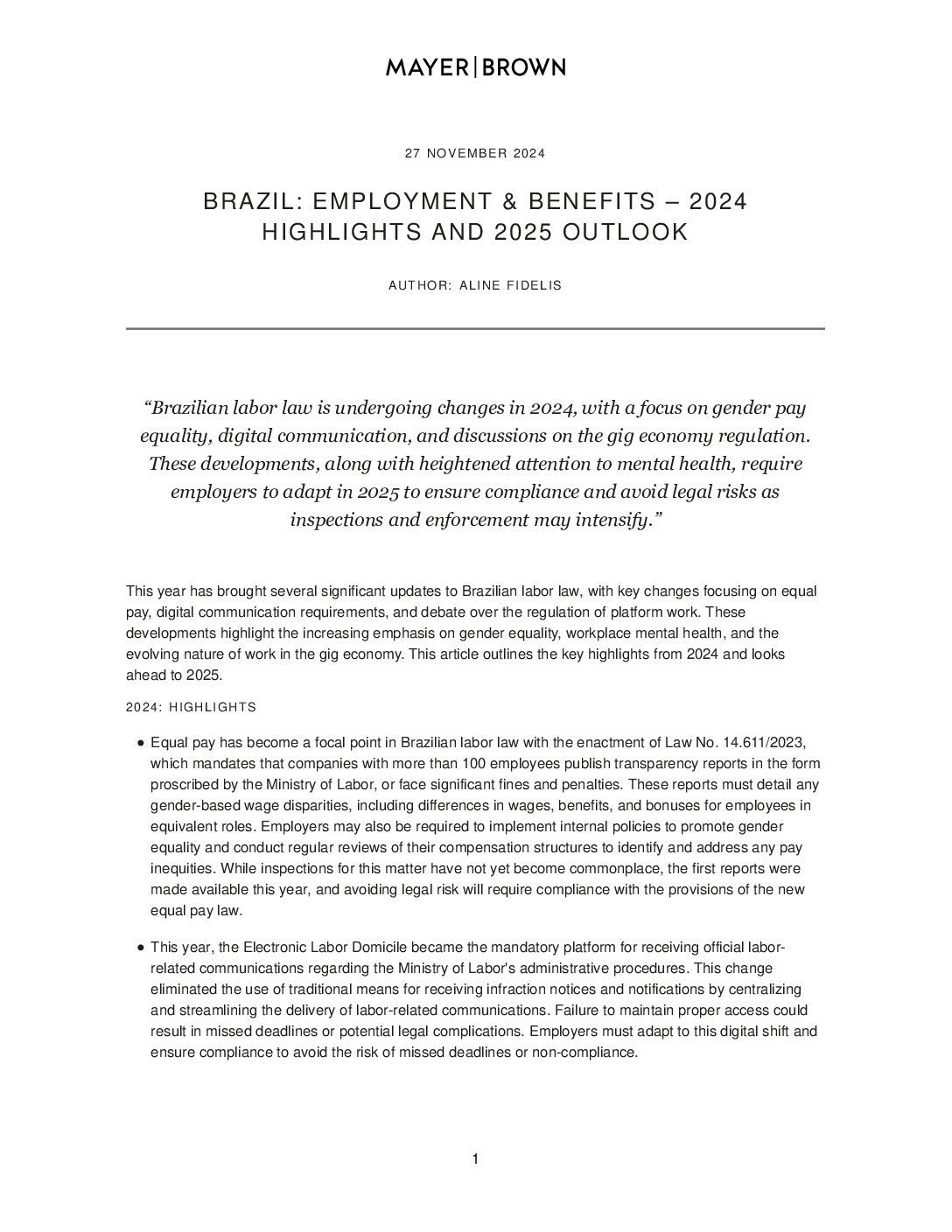Pensions and living with your kids
By Markus Goldstein
When a government implements a policy, there is often a question about how it will interact and/or displace existing informal practices. For example, awhile back there was a lot of discussion around how government provided insurance would displace (or not) informal risk sharing arrangements that may have been doing a good job of protecting some people from risk.
But it’s hard to address this kind of question deeply in a randomized control trial. A lot of the informal arrangements may be grounded in customary practices that are spread across a wide geographic area and they could move in a general equilibrium sense that the average RCT would miss. Into this gap comes an interesting new paper by Natalie Bau.
Bau is looking at the introductions of formal pensions in developing countries. And she finds that they shift behavior in some surprising ways – changing how parents treat their kids that they might expect to provide support for them in their dotage. She does this in a neat way, utilizing variation in customary practices in Indonesia and Ghana as well as census data and administrative information on the roll-out of pensions. Let’s take a look at some of her findings (and a bit on how she gets there).
Source: The World Bank










